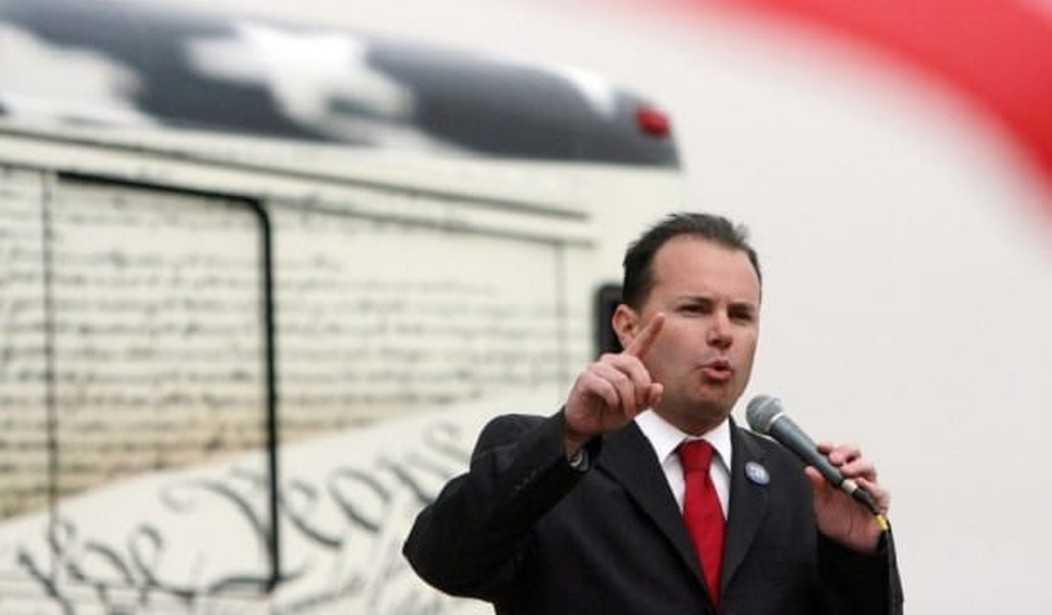Anyone who reads the plain language of the Constitution and the writings of James Madison would come away with the unambiguous impression that the Founders vested the federal government with very few powers – powers that they felt could only be executed by a central government. Much of what the federal government does in this post-constitutional era is not only superfluous but deleterious to economic growth and free market fairness.
However, there are other functions that are vital and important, albeit best left up to state and/or local governments to administer. On this day 88 years ago, President Calvin Coolidge delivered a speech at the College of William and Mary echoing this very sentiment:
“We must also recognize that the national administration is not and cannot be adjusted to the needs of local government …
The States should not be induced by coercion or by favor to surrender the management of their own affairs.
The Federal Government ought to resist the tendency to be loaded up with duties which the States should perform.
It does not follow that because something ought to be done the National Government ought to do it.”
Two major issues that fit into this category are authority over transportation and education. Both of those issues are in the news today, and conservatives should take note if they plan to effectively advance a conservative reform agenda in the coming years.
Transportation
With regards to transportation, once again the Senate is doubling down on the failed transportation policy of the federal sinkhole. The Senate Environment and Public Works Committee approved a $265 billion highway bill, which dictates full control over transportation policy for all 50 states. Each state has its own unique population, geography, topography, and transportation needs, yet it is all centrally planned in one 5-year bill from Washington. Naturally, when you couple the inefficiencies with federal labor and environmental mandates, along with $43 billion spent on mass transit, the revenue collected from the federal gasoline tax can no longer cover the full cost.
Instead of taxing or borrowing our way out of the quicksand of inefficient federal policy, we should devolve most transportation authority to the states. Senator Mike Lee (R-UT) and Rep. Tom Graves (R-GA) have companion bills (S. 1702/ HR 3264) to do just that. Each state would levy its own tax to purvey highway projects and can easily prioritize the level of taxation and spending based upon its needs. This is not even a left or right issue. More liberal states would naturally levy a higher gas tax to fund infrastructure projects, while conservatives would cut other functions deemed unnecessary or harmful. But that should not be decided by the federal government.
Education
Education is also an important function that should be controlled by those closest to the classroom, particularly local governments. While our ultimate goal must be to remove the federal government from K-12 and higher education altogether, there are two promising bills from Senator Lee that would empower state and local governments with control over some aspects of education.
After a half century of producing no positive results, Senator Lee and Rep. Matt Salmon (R-AZ) want to devolve the $8.6 billion budget for the Head Start program to the states (S. 2119/HR 4481). The program has done nothing but self-perpetuate and create jobs for special interests. There is certainly nothing to lose by letting the states experiment with the money already appropriated.
Another bill (S.1904), sponsored by Senator Lee and Rep. Ron DeSantis (R-FL), would reform accreditation for institutions of higher education.
One of the major problems with the Department of Education is that is distorts the “education market” much like any other government intervention in the private economy. The current higher education accreditation system is controlled by the federal government and creates a one-size-fits-all system that is heavily slanted towards conventional four-year college degrees. This system does not work for everyone, but the accreditation process has forced many people into this framework, even if they would like to pursue other educational training. In turn, it has contributed to the “education bubble,” in which federal bureaucrats work with leaders of higher education to over-utilize and over-emphasize the current system, thereby driving up the cost of an education – and by extension – student loan debt.
Senator Lee’s Higher Education Reform and Opportunity [HERO] Act would allow states to create their own system of accreditation, which could grant students the same benefits and status for pursuing alternative coursework, apprenticeships or vocational training.
Every Republican publicly decries the growth of the federal government, but many decline to divulge which functions they would eliminate other than rooting out waste and fraud. Senator Lee’s bills on education and transportation provide conservatives with a solid opportunity to advocate limited federal government, federalism, and changing course from decades of failed policies by the federal government.
Cross-posted from The Madison Project













Join the conversation as a VIP Member